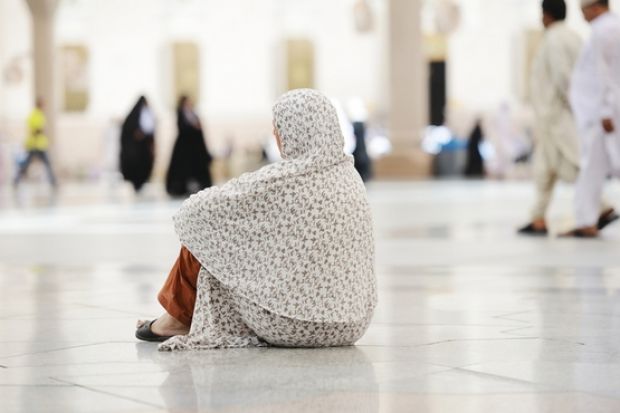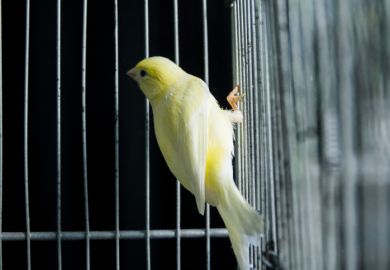Yasir Suleiman - founding director of the Prince Alwaleed bin Talal Centre of Islamic Studies at the University of Cambridge – explained that researchers had set out to explore “the paradox of women converting to Islam despite the negative image that it is all about the oppression of women”.
They had therefore joined forces with the New Muslims Project to bring together around 50 converts for frank in-depth discussions over several days. The results have now been published as Narratives of Conversion to Islam in Britain: Female Perspectives.
Chairing a launch event for the project at Soas, University of London, earlier this month, journalist Kristiane Backer estimated that 5,000 British people convert to Islam each year, three-quarters of them women, though she stressed that conversion was “not for the faint-hearted”. She described how converting to Islam meant she had to leave her job presenting her own German MTV show interviewing pop stars, despite a newly signed contract, and effectively “ended [her] entertainment career”.
White women converts were often considered as “trophy assets” among “heritage Muslim” communities but not as suitable marriage partners, added Ms Backer, though also seen as “easy prey” and subject to “indecent proposals”. Yet despite the challenges, she said that most of the women which took part in the discussions “would not even dream of taking their old life back, since they found Islam deeply satisfying intellectually and providing answers to all the big questions”.
Co-chair Batool Al-Toma, director of the New Muslims Project, argued that “converts are a segment of the community that can no longer be ignored”. Yet she noted that they often met with “dry and prescriptive interpretations of Islam” and that “only a minority of mosques provide facilities for women”. She also pointed out that it could be a problem for some converts if they wanted to pray for their birth families or attend Christmas meals.
The report gives some even more striking examples of the conflicts that can occur between converts and their original families. In one case, a convert’s father threw her out of the house, her brother joined the British National Party and, when she went abroad for a humanitarian project, they all informed the security services that she might be a terrorist.
Professor Suleiman suggested there was no firm distinction between “conversions of conviction” and “conversions of convenience”. It was not unusual for a woman to convert because she was getting married and then end up “ditching the man but keeping Islam”. He also passed on the view of several participants that you should “treat your imam as you would treat plumbers – get three quotes”.
Register to continue
Why register?
- Registration is free and only takes a moment
- Once registered, you can read 3 articles a month
- Sign up for our newsletter
Subscribe
Or subscribe for unlimited access to:
- Unlimited access to news, views, insights & reviews
- Digital editions
- Digital access to THE’s university and college rankings analysis
Already registered or a current subscriber? Login




